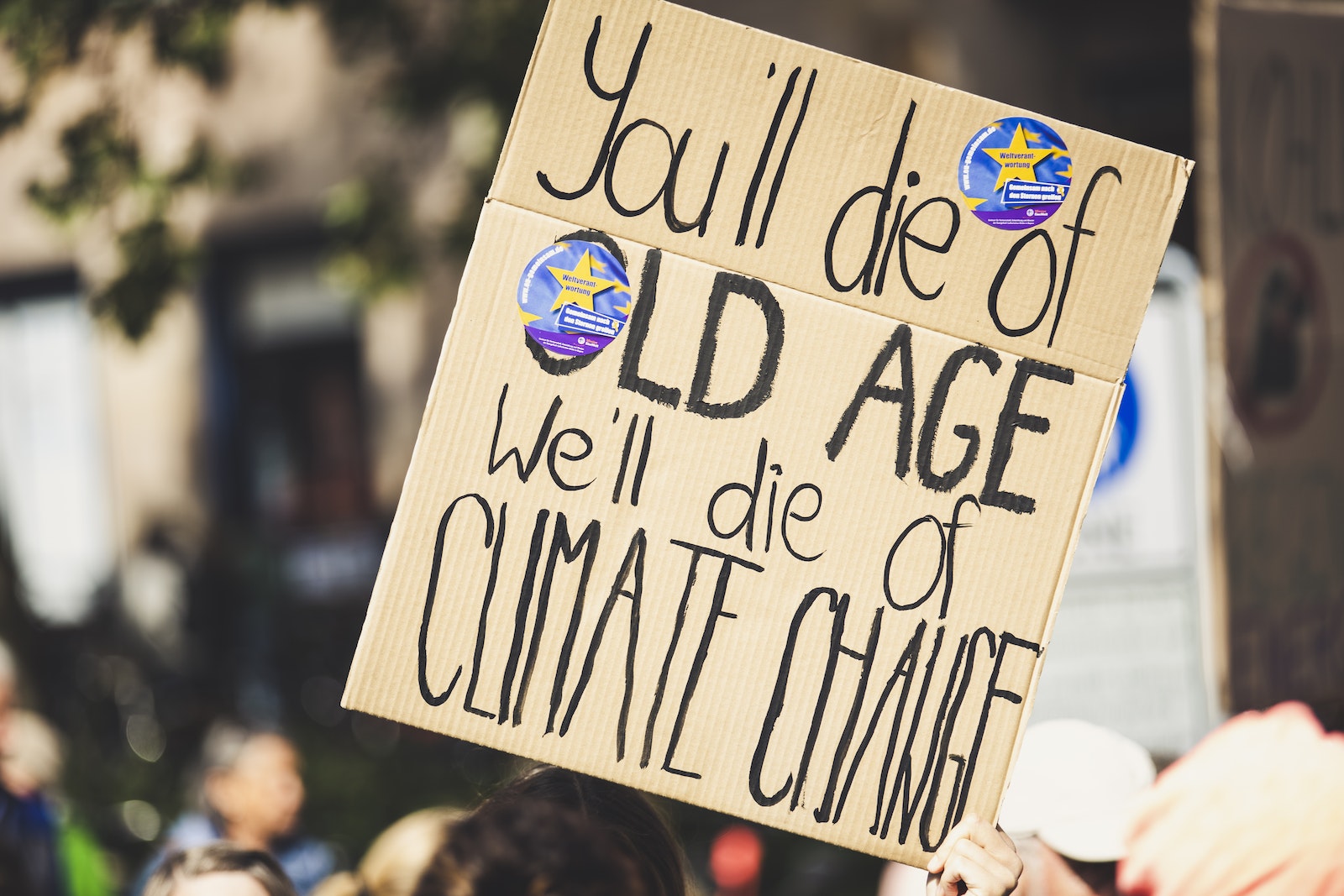Climate change and environmental challenges have become increasingly urgent issues that require immediate attention. This makes it one of the most urgent sustainable development goals. To address these challenges, it is crucial to integrate climate education into curricula and raise awareness about the importance of sustainable development. This article aims to investigate the significance of this type of education and explore how it can be effectively incorporated into educational systems.
The Need for Climate Education
In order to comprehend its importance, it is essential to first understand the current environmental challenges we face. From rising global temperatures to the depletion of natural resources, our planet is experiencing detrimental changes that directly impact our lives.
Education plays a crucial role in raising awareness and promoting action. By integrating climate education into curricula, we can equip individuals with the knowledge and skills necessary to address environmental issues. This will foster a sense of responsibility and empower future generations to make informed decisions that contribute to a sustainable future.
Moreover, it offers numerous benefits. It encourages critical thinking, problem-solving, and scientific literacy. It also enhances students’ understanding of interconnected global issues, such as social justice and economic inequality.
Integrating Climate Education into Curricula
While climate education is gaining recognition, its integration into curricula remains inconsistent. To effectively incorporate climate education, it is essential to identify key areas where it can be integrated.
In science and environmental studies, topics such as climate science, renewable energy, and conservation can be explored. This allows students to understand the scientific principles behind climate change and the potential solutions available.
Similarly, social studies and geography courses can incorporate this topic by studying the impact of climate change on different regions, cultures, and societies. This provides a broader perspective and encourages empathy towards those most affected by environmental challenges.
Language arts and communication skills can also be utilized to foster climate education. Students can engage in persuasive writing, public speaking, and storytelling to effectively communicate the urgency and importance of sustainable practices.
Mathematics and data analysis play a vital role in understanding climate change. By analyzing data on temperature, carbon emissions, and ecological footprints, students can develop critical thinking skills and make informed decisions based on evidence.
Successful case studies of climate education integration exist around the world. Countries like Finland and Sweden have successfully incorporated climate education into their curricula, demonstrating the feasibility and effectiveness of such an approach.
The Impact of Climate Education on Environmental Awareness
Climate education has a profound impact on individuals, fostering a deeper understanding of environmental issues and encouraging sustainable behavior. By educating students about the interconnectedness of ecosystems and the consequences of human actions, we can instill a sense of responsibility towards the environment.
Furthermore, climate education empowers individuals to take action. By providing knowledge about sustainable practices and solutions, students can make informed choices in their daily lives, such as reducing energy consumption, adopting eco-friendly transportation, and supporting sustainable businesses.
Increased environmental awareness also has long-term benefits. It leads to the development of innovative solutions, promotes sustainable economic growth, and reduces the strain on natural resources. Ultimately, it creates a more resilient and thriving planet for future generations.
Challenges and Solutions in Implementing Climate Education
Despite the importance of climate education, several challenges exist in its implementation. These challenges include limited resources, resistance from educational systems, and a lack of standardized curriculum.
Therefore, to overcome these barriers, collaborative approaches involving educators, policymakers, and stakeholders are crucial. By fostering partnerships and sharing resources, we can develop comprehensive and effective programs. Additionally, advocating for policy changes and raising awareness among decision-makers can help prioritize this topic within educational systems.
Online Courses: A Platform for Sustainable Development
The rise of online learning platforms provides a unique opportunity to promote climate education. Online courses offer accessibility and flexibility, allowing individuals from all backgrounds to access quality climate education.
These platforms provide a wide range of courses on climate science, sustainable development, and environmental policy. Moreover, students can learn at their own pace, engage with interactive materials, and connect with a global community of learners passionate about climate action.
Currently various reputable online platforms offer comprehensive climate education courses taught by industry experts. These courses cover aspects of climate change, equipping professionals working in climate action with the necessary knowledge and skills to drive positive change.
Conclusion
In conclusion, climate education is an essential component in addressing environmental challenges and fostering sustainable development. By integrating climate education into curricula, we can raise awareness, empower individuals, and inspire action. Collaborative efforts and the availability of online courses provide valuable opportunities to promote climate education and drive positive change. Let us commit to supporting the integration of climate education into curricula, ensuring a sustainable future for generations to come.













